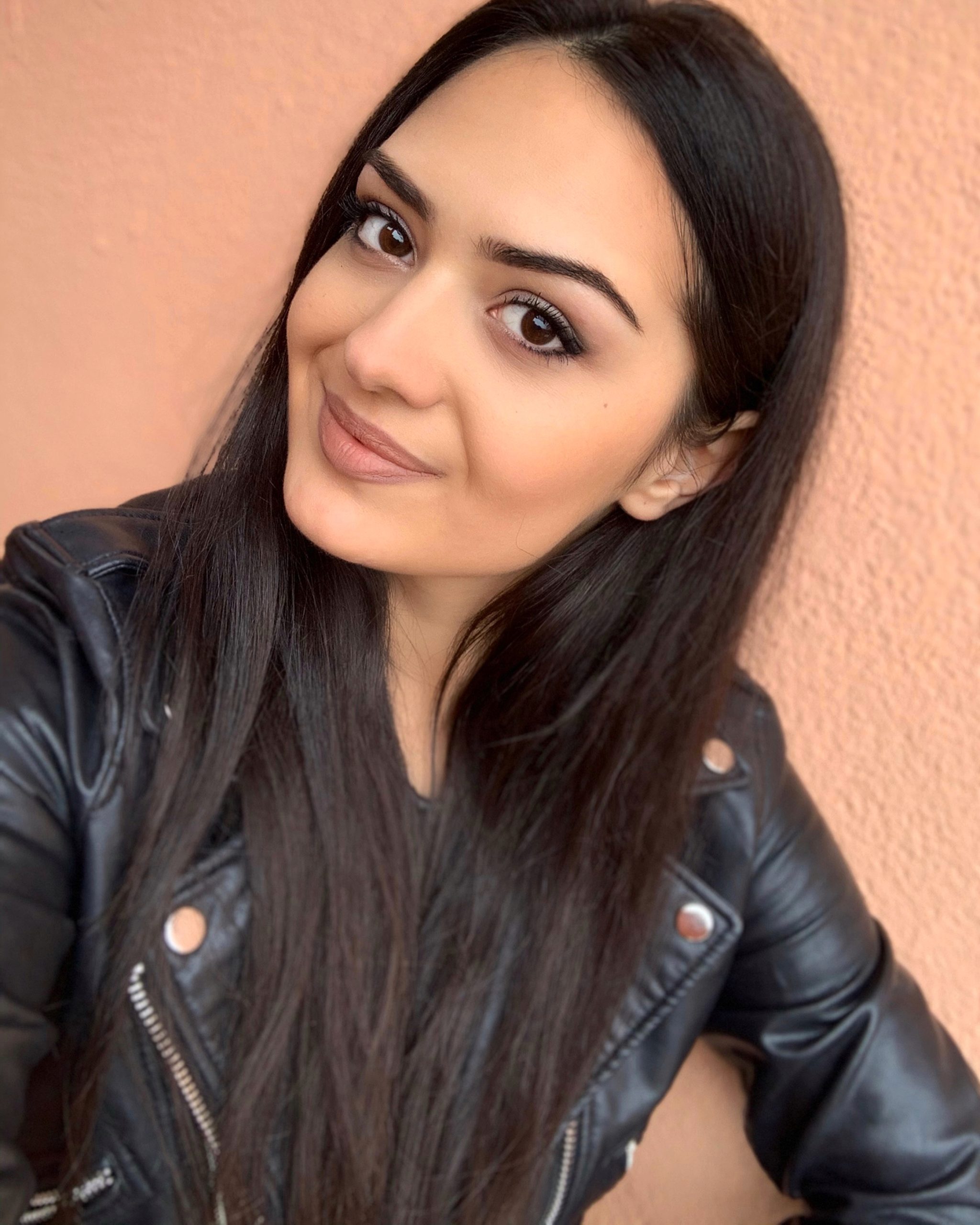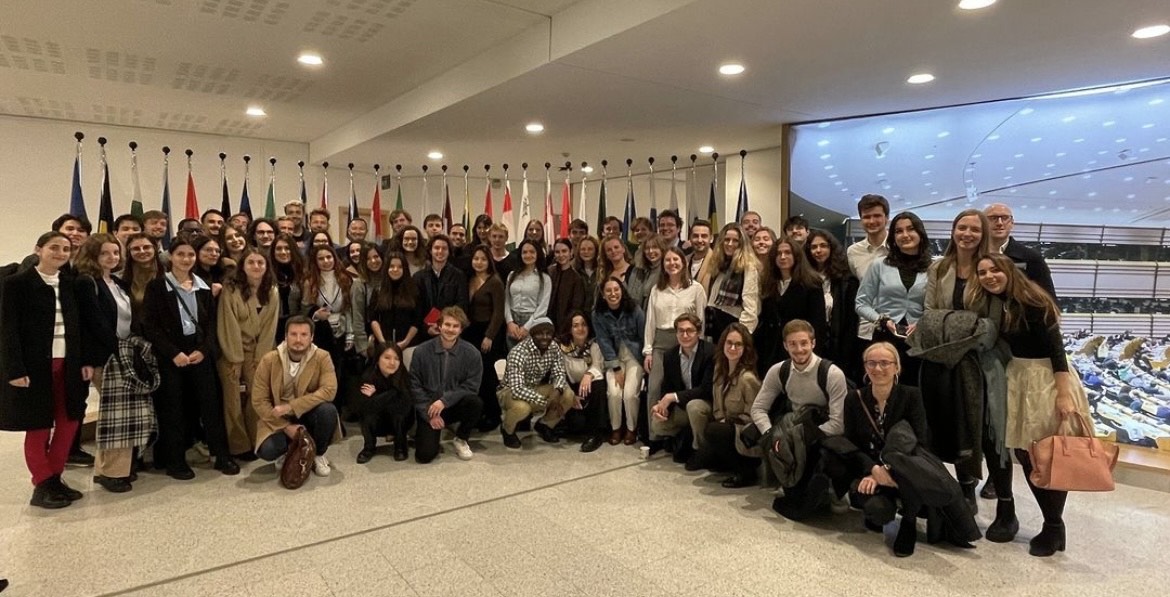
Emina Balota
Emina Balota was born in Luxembourg and grew up in Montenegro. She is a 23-year-old Young European Ambassador, a student on the European Politics and Society Erasmus Mundus Master Programme and a young activist. She holds a Bachelor’s degree in International Relations and Political Science from the University of Montenegro’s Faculty of Political Science. During her Bachelor’s studies, she worked as a project assistant at the Friedrich Ebert Foundation and also studied at the Charles University in Prague for one semester as part of the Erasmus+ International Credit Mobility initiative. In addition to her academic activities, she is involved in activities with student organisations and youth NGOs.
How did you get involved in the Erasmus Mundus Master Programme?
I won a scholarship to study European Politics and Society as part of Erasmus Mundus programme. The course combines studying at three prestigious universities – Charles University, Leiden University and Jagiellonian University – each in a different EU country. Since I started my Bachelor’s studies in Montenegro, I thought about going abroad for my Master’s as a full-time student but also going on an Erasmus+ exchange during my Bachelor’s. So going abroad for a Master’s was something that I had in mind since the beginning and in particular I was interested in trying Erasmus as I saw Erasmus Mundus as an unparalleled opportunity that combines education, cultural exchange and learning new languages with professional and personal development. These qualities were not available in combination in any other Master’s programme. Erasmus Mundus is a unique experience.

What has Erasmus Mundus been like and how is it helping your professional development?
Following my Bachelor’s studies, I checked the Erasmus Mundus webpage and I applied for three different scholarships because that’s the maximum you can apply for. I was selected for all three and it was really hard to choose between them. I have just finished my first semester on this Master’s programme, which is a two-year programme. The Erasmus Mundus programme is truly enriching as I’ve met a lot of people from different countries from all around the world. I’m learning new languages and experiencing new cultures and different education systems. Professionally I have found the courses provided by the programme really interesting. They’re about European politics and international relations, economy, contemporary history and culture, and policy making. There are also a lot of courses about EU-related topics including EU integration which are really good.
You seem to be really passionate about the EU integration and EU-related issues. Why so?
Engagement in EU integration and EU-related issues is fun for me as well as being something that’s enriching my education. I have been interested in this topic since high school: in 2018 I was a representative of Montenegro at a debate at the European Commission in Brussels. The debate was about the Western Balkans and EU enlargement. I am interested in this topic because I see EU integration as the only way for my country to move forward. I see the EU membership as the biggest foreign policy goal of my country and I see embracing EU values as something that we should really work hard at. And I think that we – as young people – are the ones that should bring about the change. So for me EU integration is not only about EU membership but also about embracing EU values, which is even more important.
Your education and life journey so far has been marked also by activism engagements: what led you to this?
From a very young age I engaged in activities that offered something that formal education does not. Formal education has a strict curriculum and there isn’t a lot of space for you to give your contribution or to develop. Formal education doesn’t always allows you to experience new cultures and meet people from different backgrounds and to develop your soft skills like non-formal education does. And when you combine formal education with non-formal activities it’s great.

You are also a Young European Ambassador (YEA). Why did you decide to become one, and how is it going?
I decided to become a Young European Ambassador because I saw it as an opportunity to raise awareness about the EU’s role in the Western Balkans and especially in my country. I also see this engagement as a way for our voice to be heard more and as an opportunity to learn something new but also to be part of a network that gives you a practical experience. I have been a Young European Ambassador for two years and it’s going really well. We’re doing a lot of events and activities, and have an opportunity to contribute in many other ways. A lot is going on and it is really one of the best experiences I’ve had.
Photo credits: Emina Balota
Please wait while your video is being uploaded...
Don't close this window!